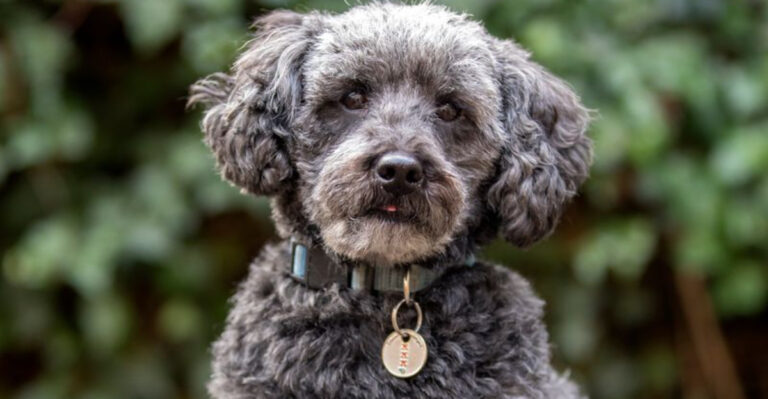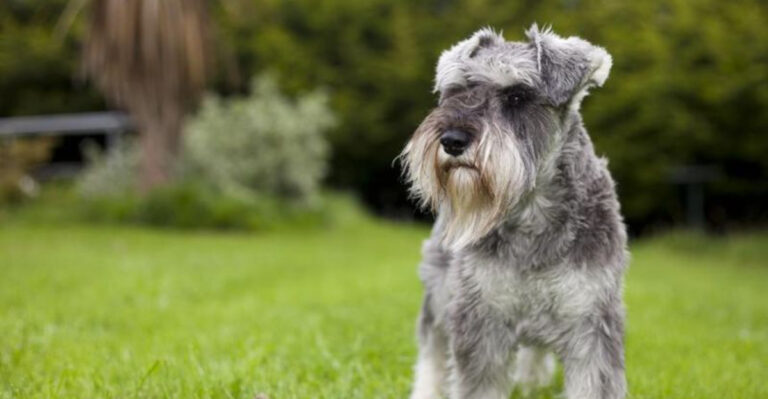22 Essential Tips For Raising A Happy, Healthy Puppy
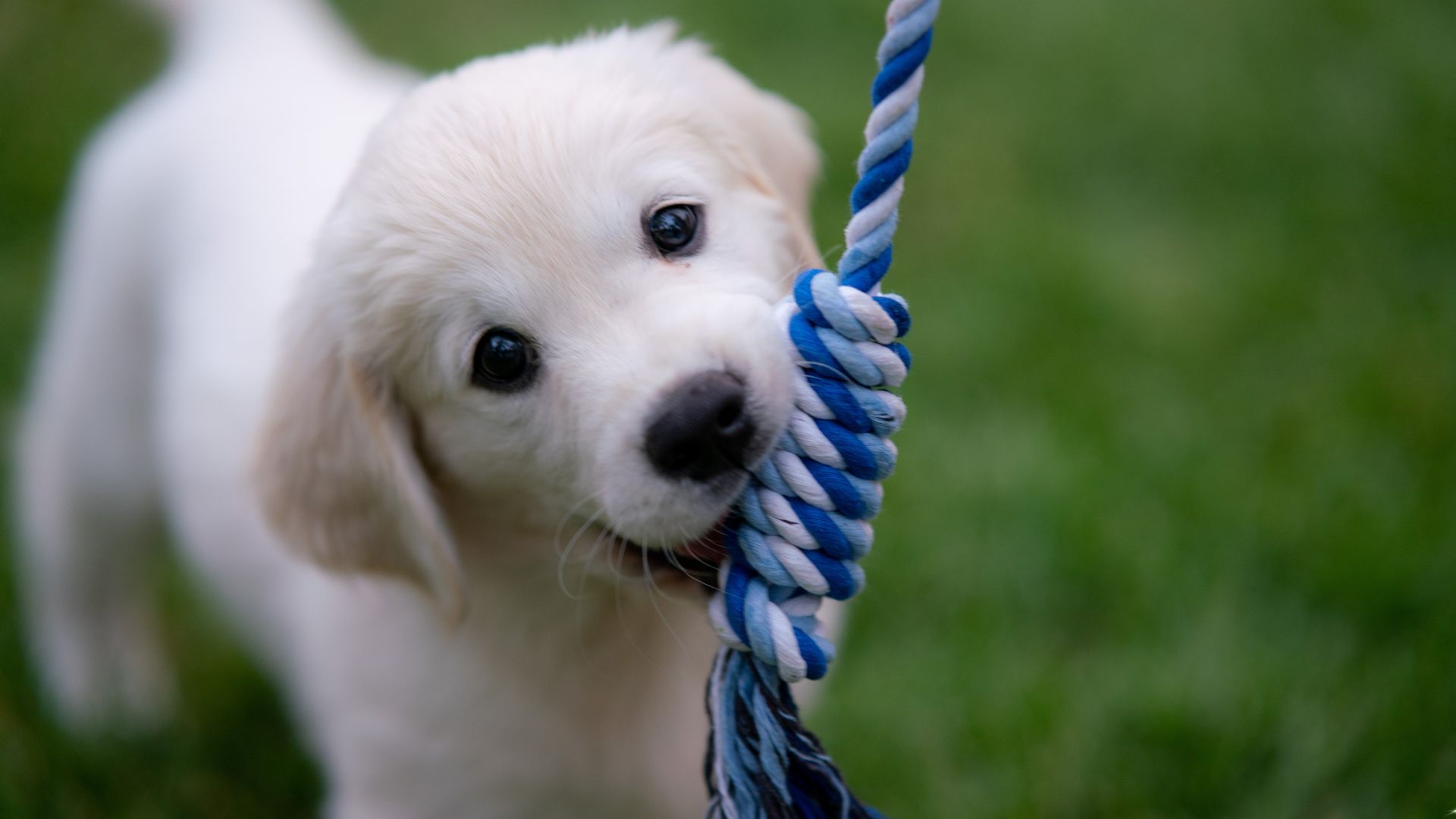
Raising a puppy can be one of the most rewarding experiences, but it also comes with its challenges.
From ensuring they receive proper nutrition to understanding the nuances of their behavior, every step in this journey is crucial for a healthy and happy dog.
1. Start With Basic Training

Starting with basic training is crucial for setting the foundation for your puppy’s behavior. Simple commands like “sit,” “stay,” and “come” help build a strong communication bond between you and your pup.
Early training also establishes good habits that will serve them throughout their life. Consistency in teaching these commands ensures your puppy will learn to understand your expectations and respond positively.
2. Establish A Routine

Establishing a routine helps your puppy feel secure and comfortable in their new environment. Regular feeding times, play sessions, walks, and potty breaks create predictability, which can reduce anxiety and encourage good behavior.
A structured routine also helps with training, as your puppy will understand when it’s time to learn, rest, or play.
3. Socialize Early And Often

Socializing your puppy from an early age is key to ensuring they develop into well-adjusted adults. Exposing them to different people, animals, and environments helps them feel comfortable in various situations and prevents fear-based behaviors later on.
Puppy socialization classes, playdates, and safe outings can provide valuable opportunities for positive experiences and social skills development.
4. Provide Proper Nutrition
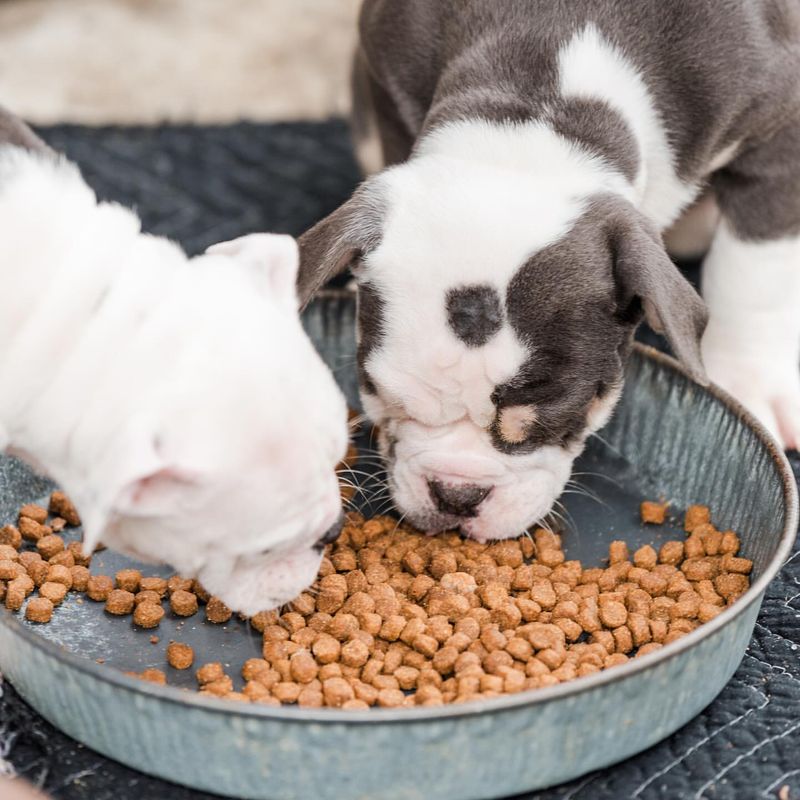
Proper nutrition is vital for your puppy’s growth and overall health. Providing a balanced, high-quality puppy food will ensure they get the right amount of protein, vitamins, and minerals for strong bones, muscles, and immune systems.
Be sure to consult your vet for the best food recommendations tailored to your puppy’s breed, age, and size.
5. House Train With Consistency

House training is one of the first things you’ll want to tackle with your new puppy. Consistency is key when it comes to potty training.
Set regular bathroom breaks and reward your puppy when they go outside. Be patient and avoid punishment for accidents, as this can cause confusion. With time, your puppy will learn the proper spots for bathroom breaks.
6. Exercise Regularly
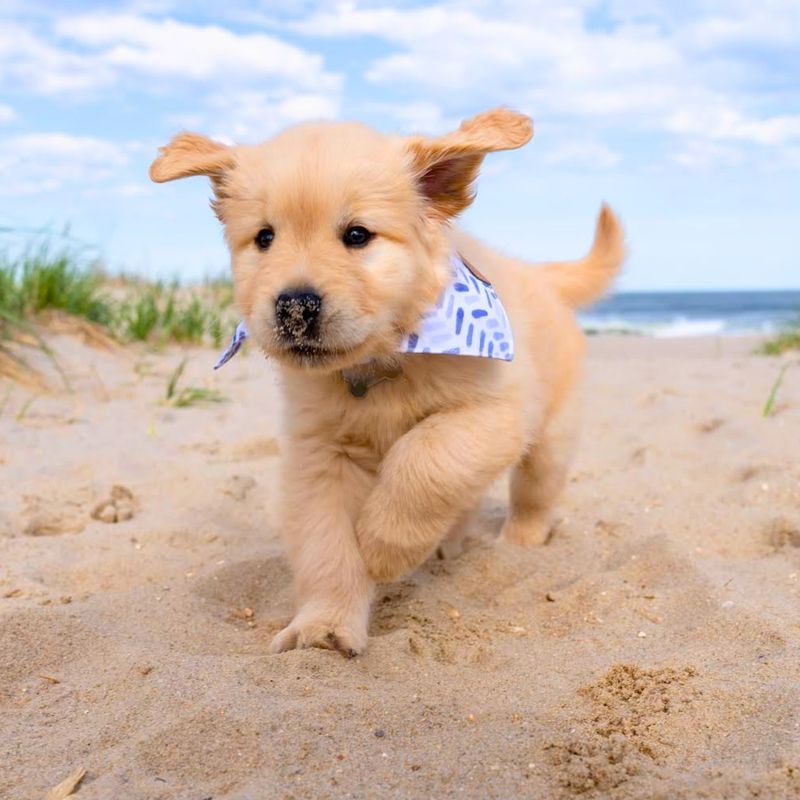
Regular exercise is essential for keeping your puppy physically and mentally healthy. It helps with energy management and prevents destructive behaviors caused by boredom.
Playtime, walks, and mental stimulation activities are all important parts of your puppy’s daily routine. Be sure to adjust the intensity and duration of exercise to suit your puppy’s breed and age.
7. Utilize Positive Reinforcement

Positive reinforcement is one of the most effective training methods for puppies. Rewarding your puppy with treats, praise, or play for good behavior helps them learn what’s expected of them.
This encourages them to repeat positive actions and strengthens the bond between you and your puppy. Avoid punishment, as it can lead to confusion and fear-based behavior.
8. Regular Vet Checkups
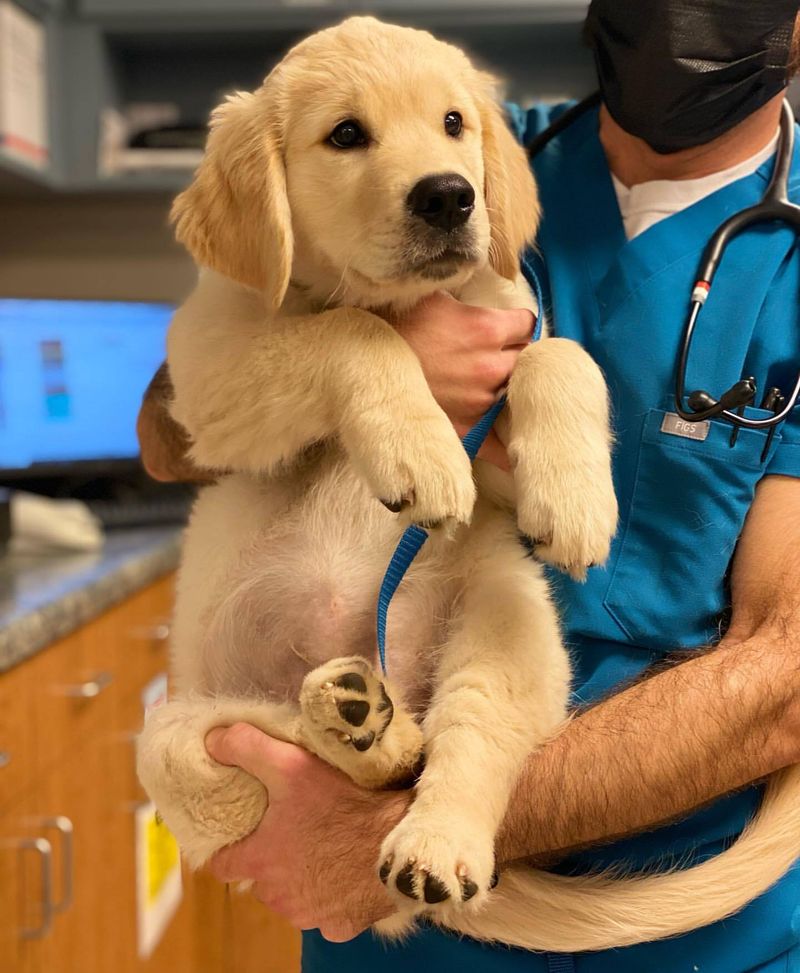
Taking your puppy to the vet for regular checkups is vital for monitoring their health and preventing illness. Your vet will provide vaccinations, check for parasites, and offer advice on nutrition and care.
Regular vet visits ensure your puppy’s growth and development are on track and provide you with valuable guidance on how to raise a healthy dog.
9. Teach Bite Inhibition
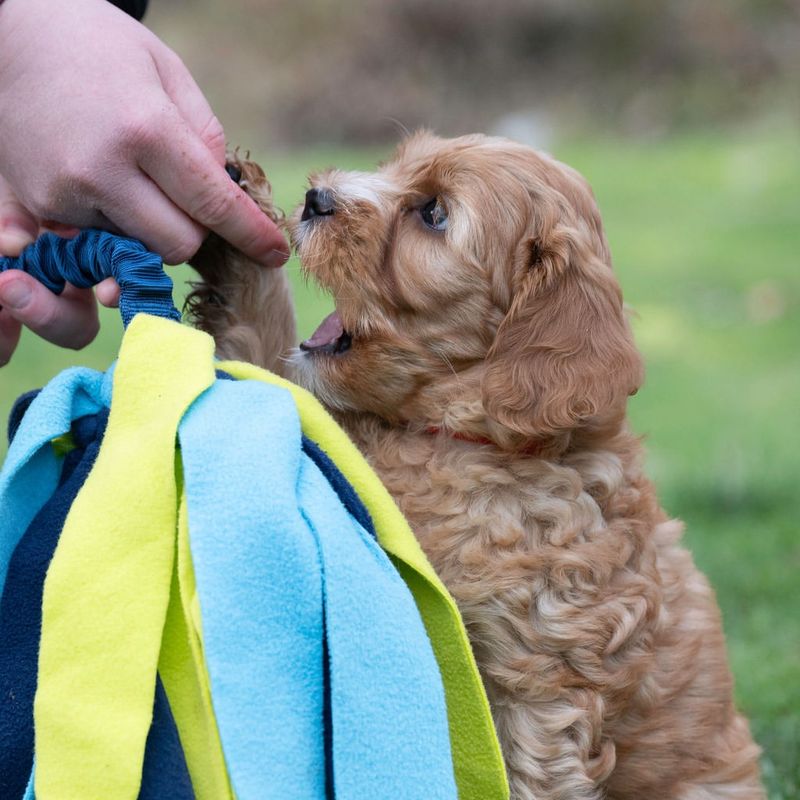
Teaching bite inhibition is an important skill for puppies to learn. Puppies naturally explore with their mouths, and while playful biting is normal, it’s essential they learn to control the force of their bites.
By using redirection and gentle corrections, you can teach your puppy to soften their bite, making them safer around people and other animals.
10. Introduce To New Experiences

Introducing your puppy to new experiences helps them become adaptable and less fearful in different situations.
Whether it’s new people, animals, or environments, exposing your puppy to these experiences in a positive and controlled manner will build their confidence. The more they encounter, the more they’ll learn how to handle the world around them.
11. Prevent Separation Anxiety

Separation anxiety can be a common issue in puppies, but it can be prevented with early training. Gradually get your puppy accustomed to being alone by starting with short separations and gradually increasing the time apart.
Leave them with safe toys, and create a relaxing environment when you’re gone to help them feel secure in your absence.
12. Monitor Health And Grooming
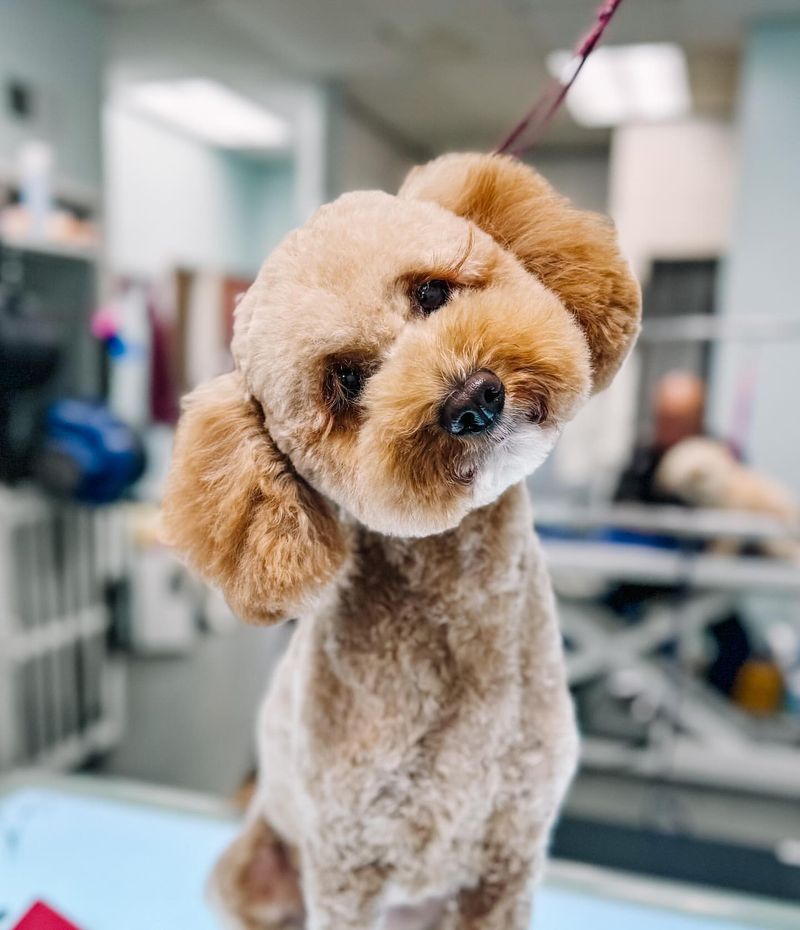
Monitoring your puppy’s health and grooming needs is crucial to ensuring they grow up happy and healthy. Regular baths, nail trimming, and brushing are necessary to keep their coat clean and free of mats.
Additionally, keeping an eye on their weight, ears, and teeth will help prevent common health issues and ensure that they stay comfortable.
13. Use Crate Training Effectively
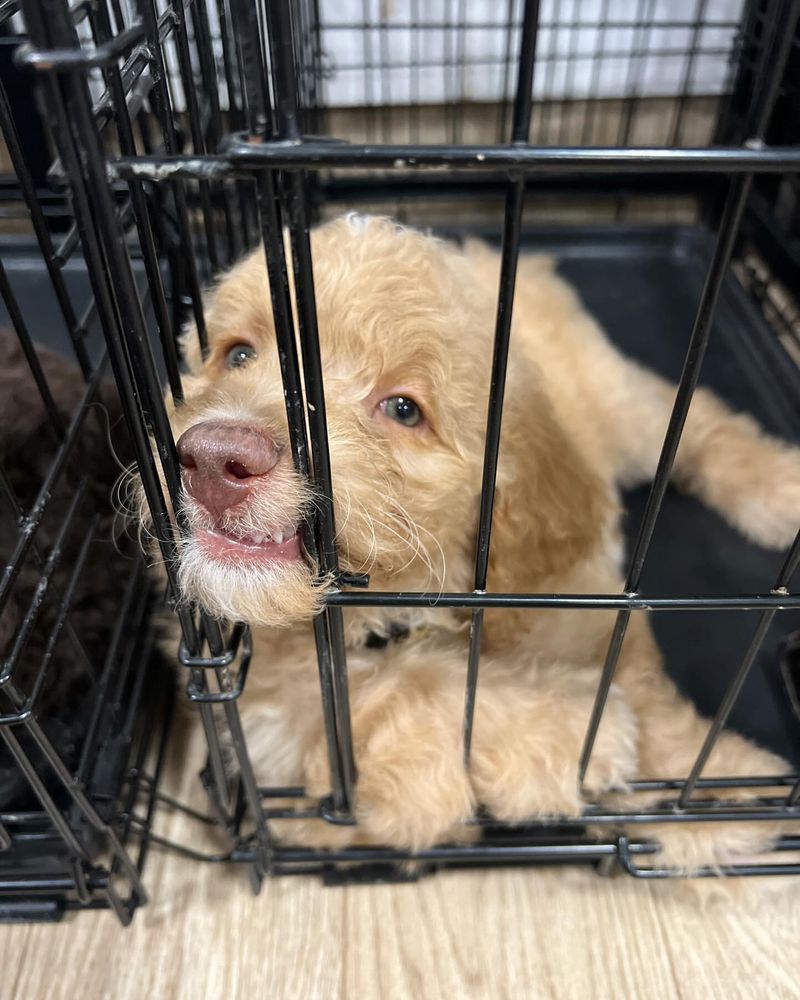
Crate training can be a great tool for both house training and providing your puppy with a safe, quiet space. Make sure the crate is a comfortable and positive space, not a form of punishment.
Gradually introduce your puppy to the crate and use it for naps, rest, and as a place to feel secure when you’re away.
14. Reward Quiet Behavior
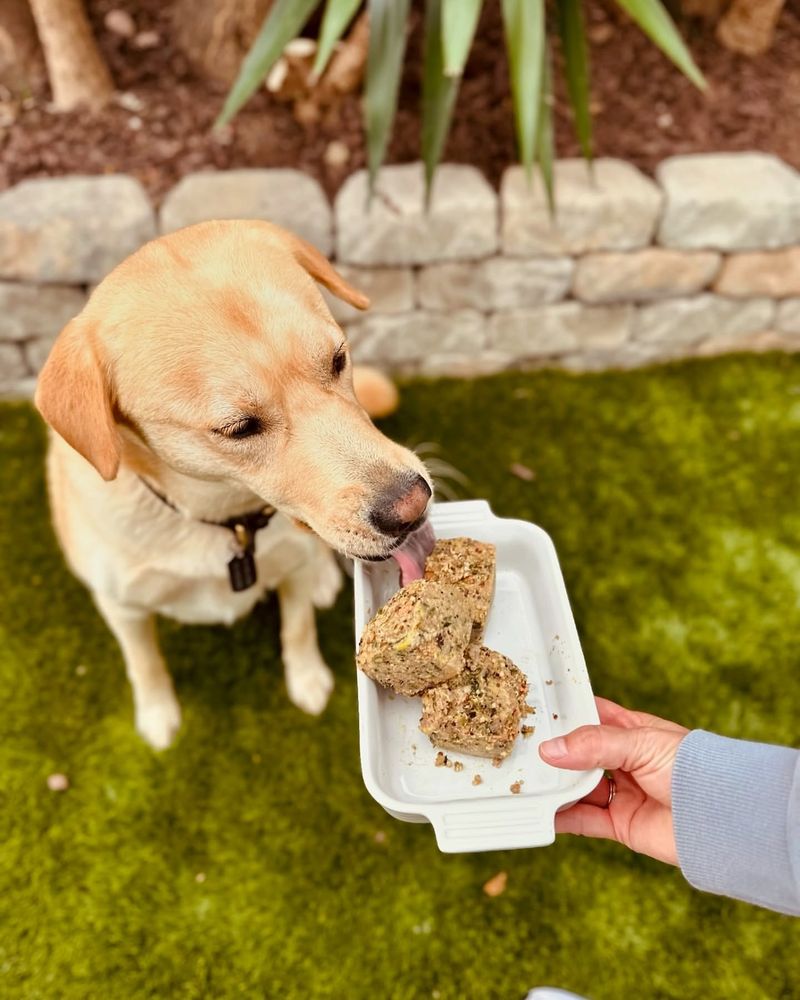
Teaching your puppy when to be calm and quiet is essential for good behavior, especially when they are excitable or noisy.
Rewarding them when they are calm and quiet will reinforce the behavior you want. This can help prevent excessive barking or whining and promote a more relaxed atmosphere in the home.
15. Invest In Quality Chew Toys
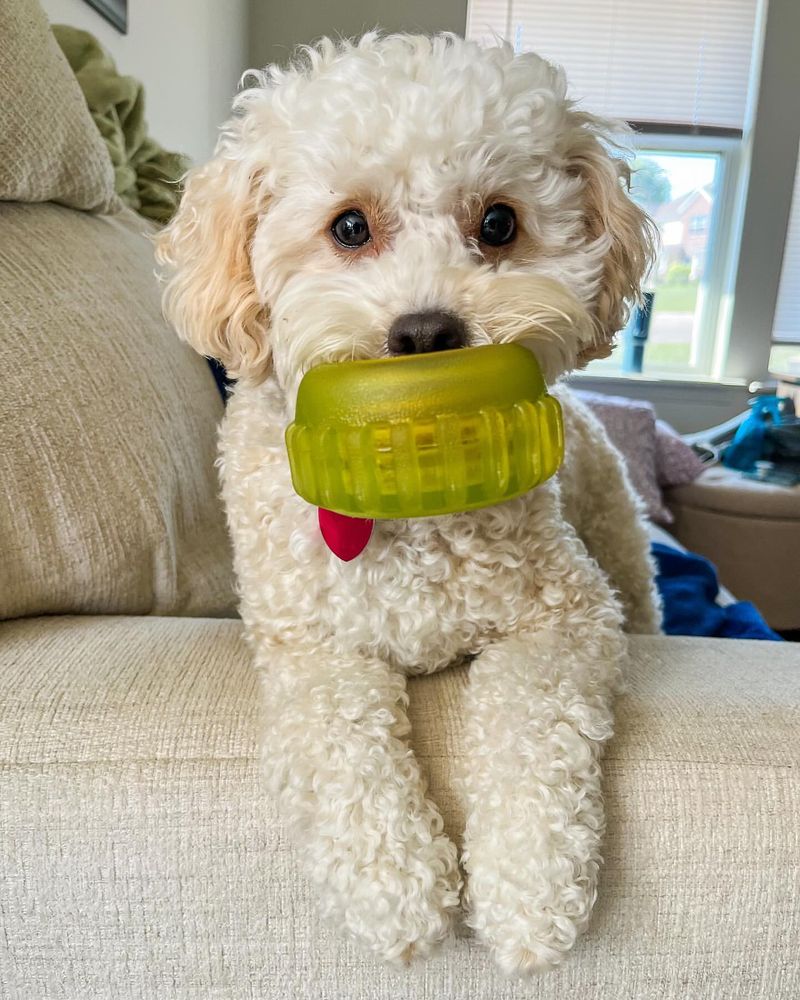
Chew toys are essential for puppies to satisfy their natural urge to chew. Providing high-quality, durable chew toys helps protect your furniture, shoes, and other household items.
Additionally, chewing is beneficial for your puppy’s dental health, so having a variety of safe toys available is important for their development.
16. Set Boundaries Early

Setting boundaries early on helps your puppy understand what is acceptable behavior. Whether it’s not jumping on people, not chewing on furniture, or respecting other pets, consistency is key.
By enforcing boundaries from the start, you can avoid confusion and set your puppy up for success as they grow into a well-behaved adult dog.
17. Address Problem Behaviors Promptly

It’s important to address problem behaviors, like biting or excessive barking, as soon as they arise. Correcting these behaviors early on prevents them from becoming ingrained habits.
Using positive reinforcement and consistent training will help your puppy understand what behaviors are expected and which ones are not tolerated.
18. Create A Safe Environment

Creating a safe environment for your puppy is essential for their well-being. Puppy-proof your home by removing potential hazards such as toxic plants, small objects they could swallow, and unsecured cords.
Providing a secure and comfortable space for your puppy to explore, rest, and play will help them feel safe and confident as they grow.
19. Encourage Healthy Sleep Habits

Sleep is essential for your puppy’s development, and establishing healthy sleep habits early on is important.
Set a consistent bedtime routine, provide a comfortable sleeping space, and make sure your puppy gets enough rest. A well-rested puppy is more likely to be calm, focused, and well-behaved throughout the day.
20. Celebrate Milestones And Achievements
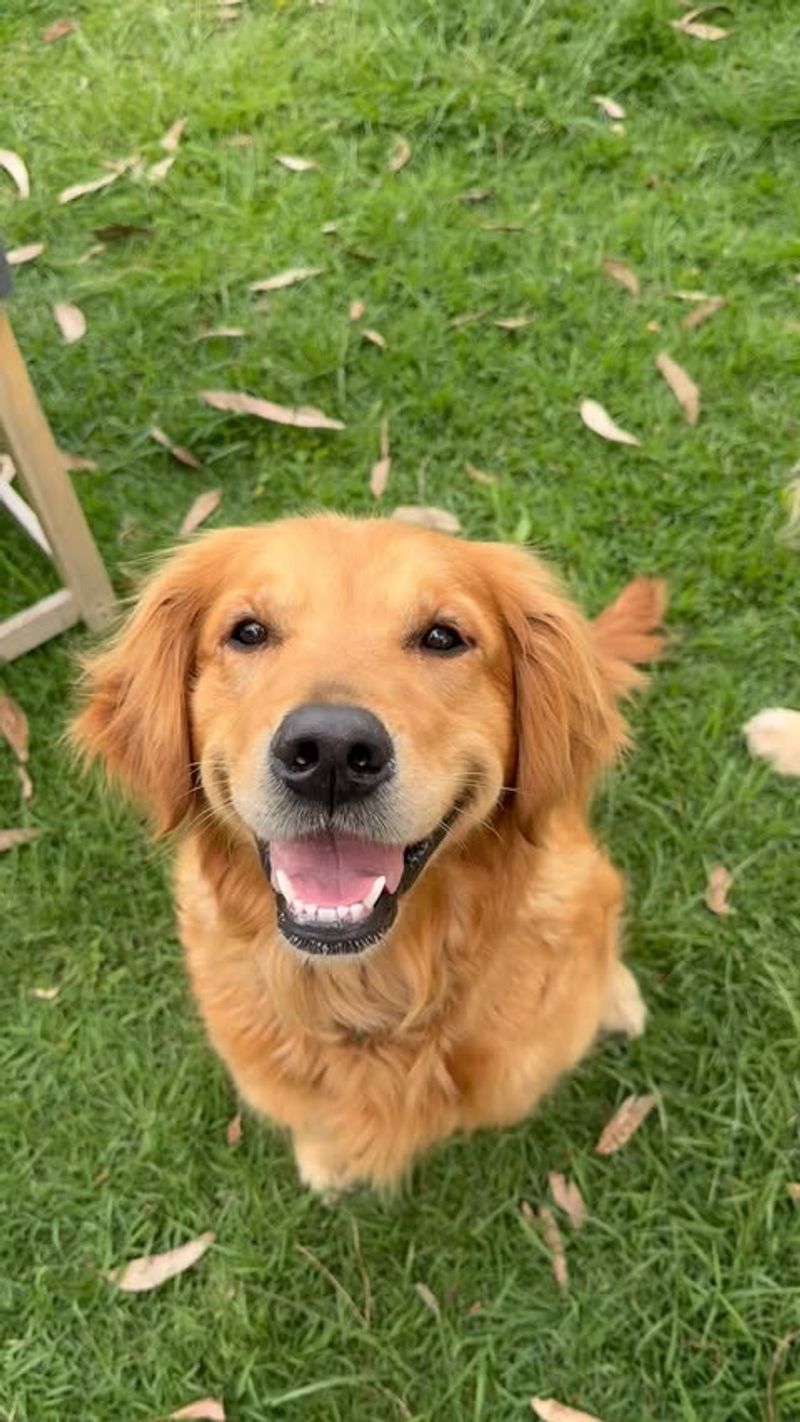
Puppies go through many developmental milestones, and celebrating their achievements will help strengthen your bond.
Whether it’s successfully learning a new command, mastering house training, or overcoming a fear, acknowledging their progress helps build their confidence and encourages them to keep learning. Positive reinforcement at every stage of growth creates a happy and well-adjusted dog.
21. Create A Positive Learning Environment

Creating a positive learning environment is essential for your puppy’s development. A calm, safe, and comfortable space encourages your puppy to focus during training and learn new commands with ease.
Avoid distractions and negative stimuli while teaching, and always keep training sessions short and enjoyable to prevent frustration for both you and your puppy.
22. Be Patient And Consistent
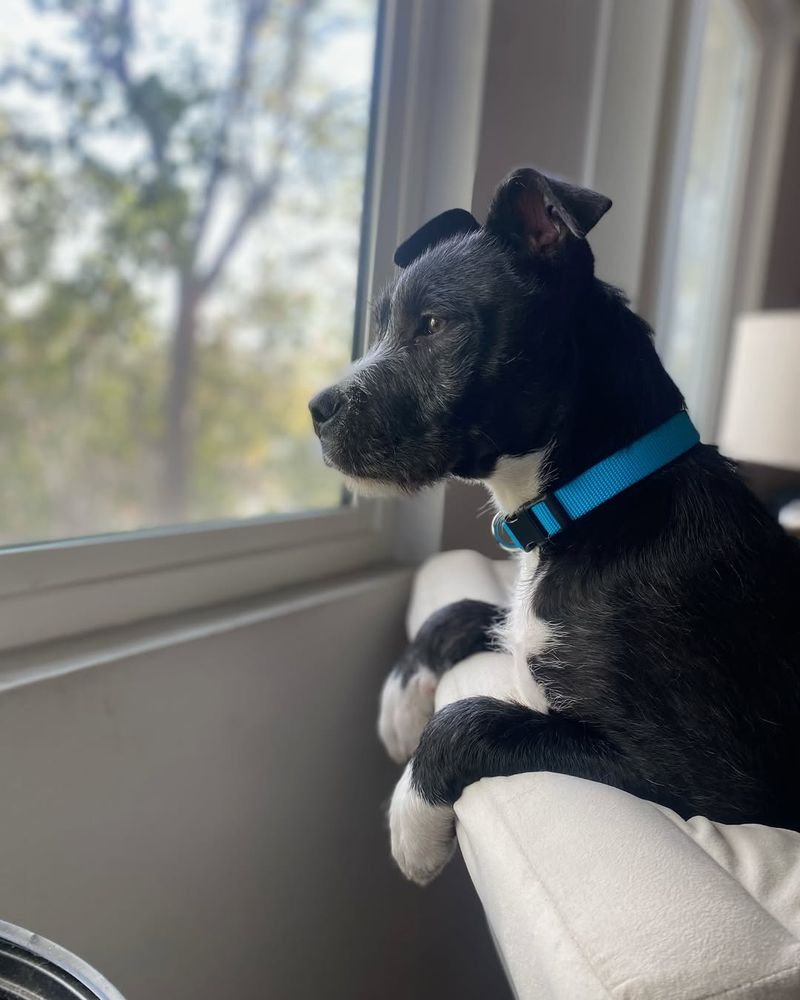
Patience and consistency are key when raising a puppy. Puppies are constantly learning, and it’s important to remain calm and consistent in your expectations and commands.
Repeating training regularly and being patient as your puppy learns new behaviors will help them develop the skills they need to become well-behaved and confident.

